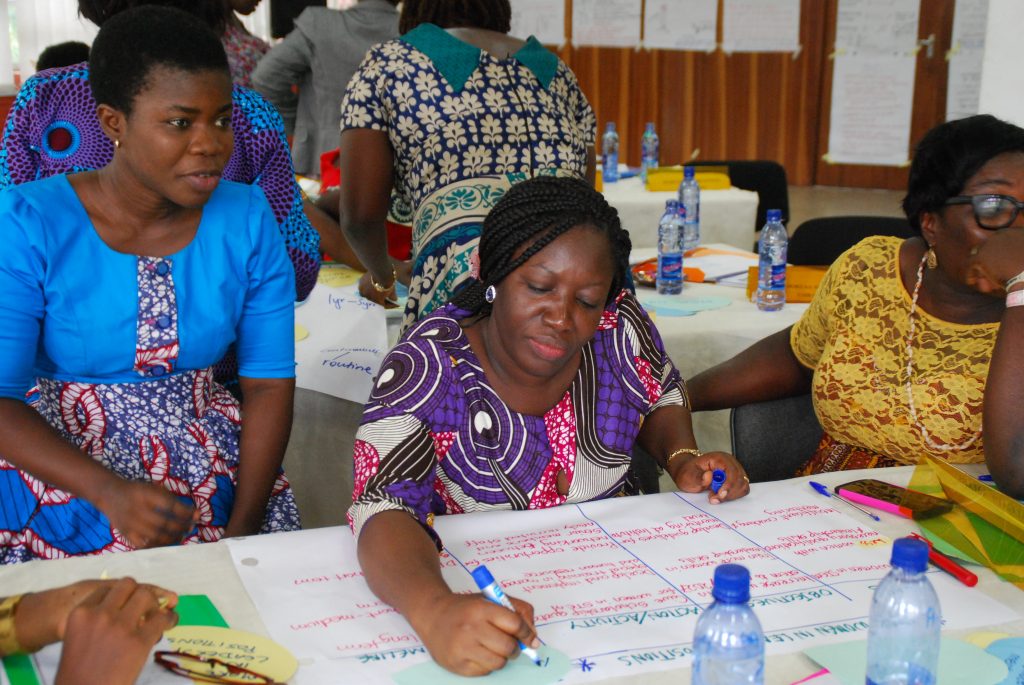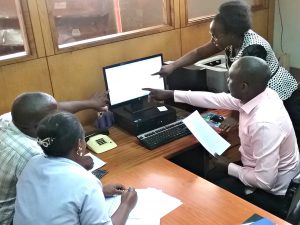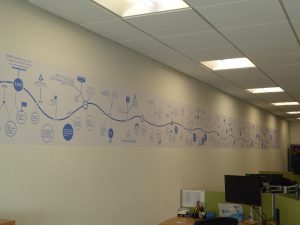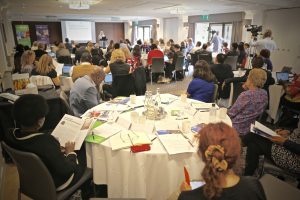Mind the gap: Creating agents of change to address gender inequity in research
Last month we put INASP's Gender Toolkit into action by supporting Ghana’s foremost national science and technology institute, the Council for Scientific and Industrial Research (CSIR), to launch a gender mainstreaming process – starting with a gender sensitization workshop for 30 women researchers drawn from CSIR head office and various institutes under CSIR.





